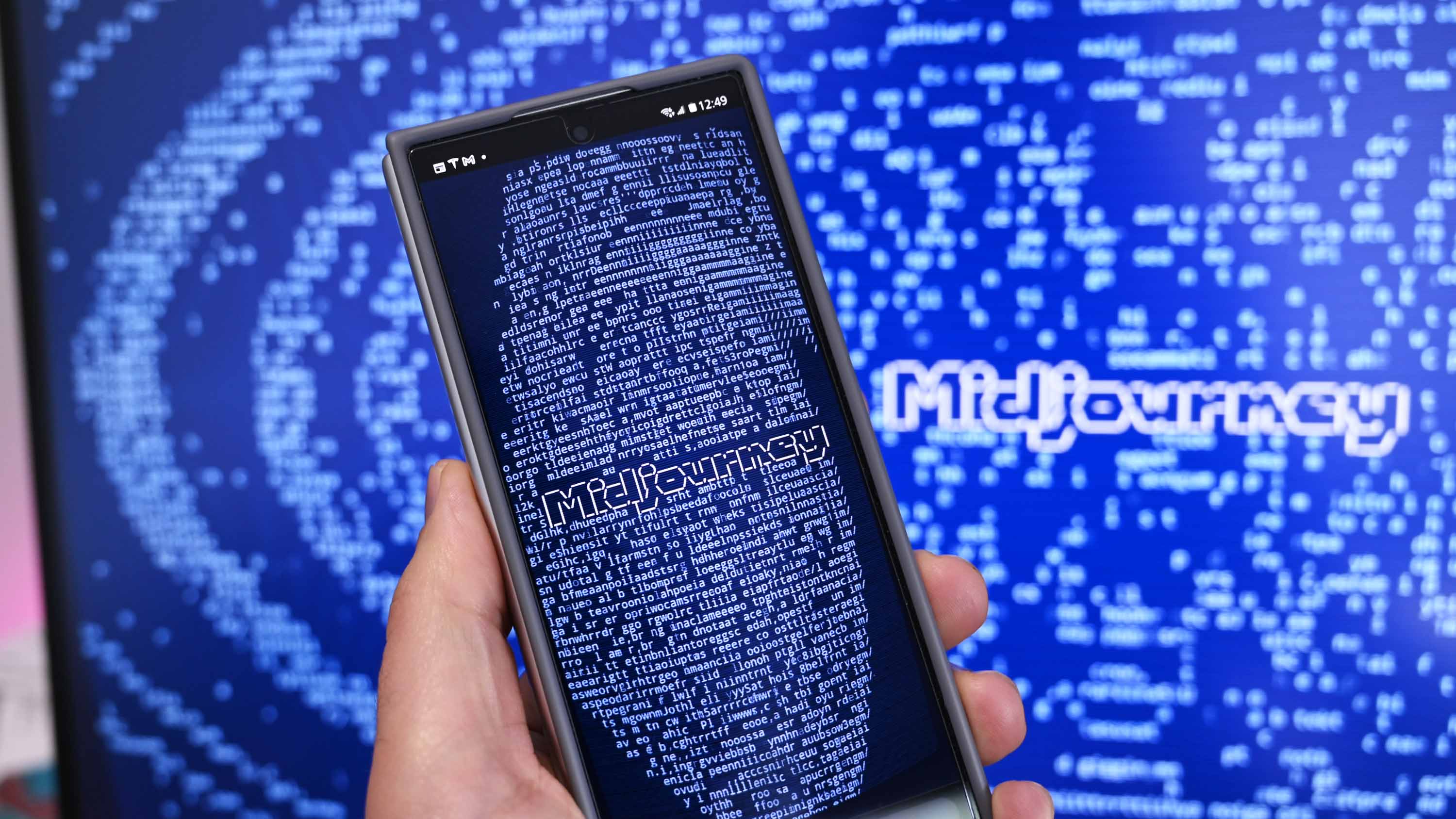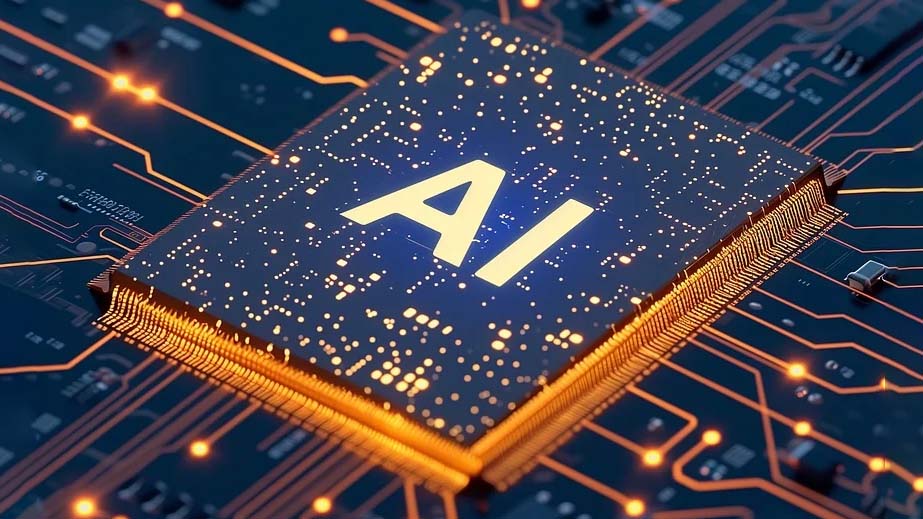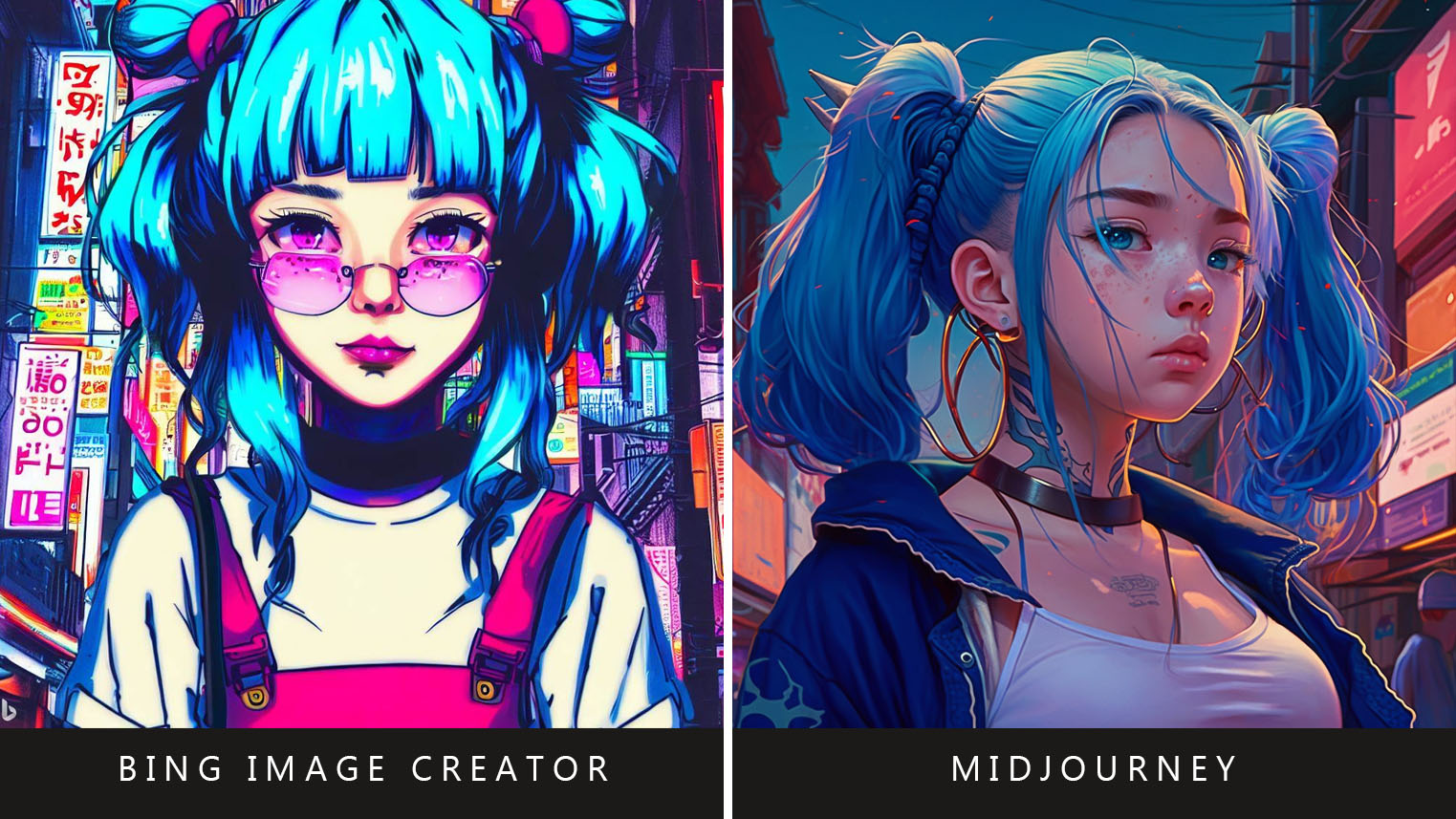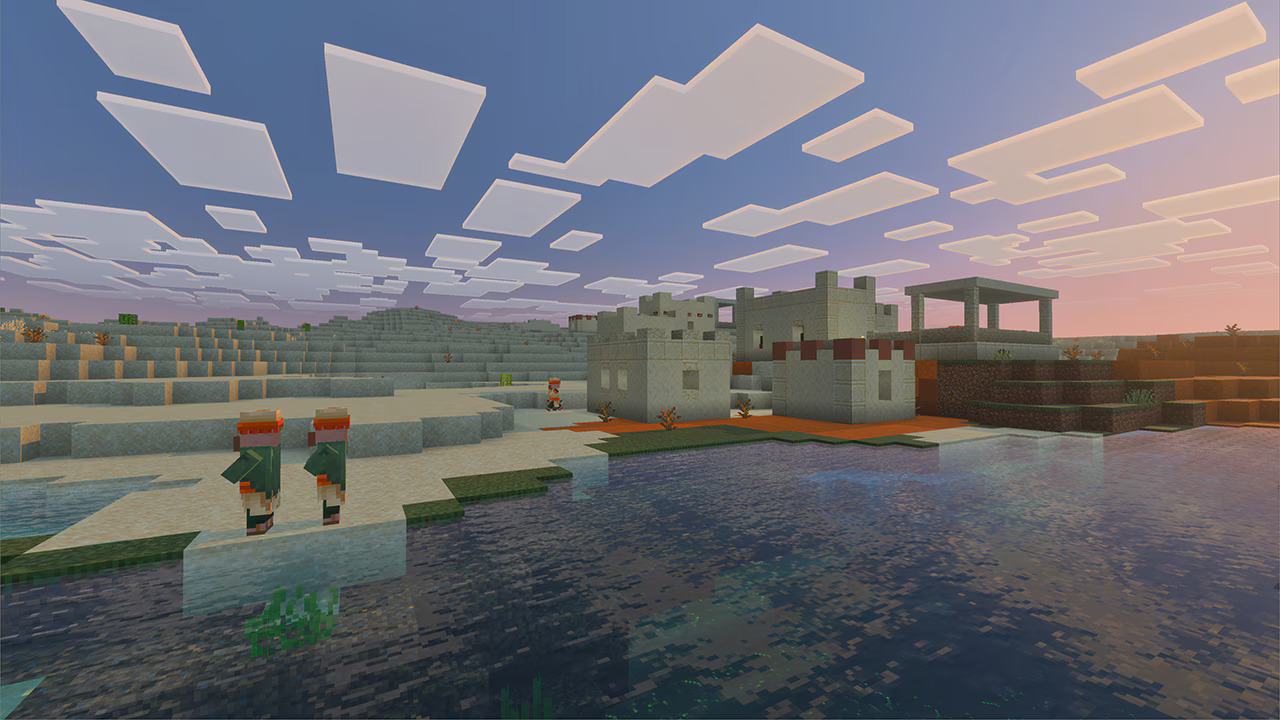"Art is dead, dude. It’s over. AI won. Humans lost": A controversial artist is reportedly losing millions of dollars because the US Copyright Office refused to register his AI-generated collection — it lacks 'human authorship'
Can AI-generated content be copyrighted? An AI artist claims prompt engineering and fine-tuning are enough grounds.

All the latest news, reviews, and guides for Windows and Xbox diehards.
You are now subscribed
Your newsletter sign-up was successful
What you need to know
- An AI artist who won a painting contest in Colorado using a Midjourney-generated creation claims he's losing millions of dollars from people ripping off his work.
- The artist claims the US Copyright Office's reluctance to register his AI-generated collection as copyrighted content has left him with the shorter end of the stick, allowing repeated stealing of his work without attribution or compensation.
- His lawyers argue that his prompt engineering and scene-selecting skills should be considered creative input or human authorship, and therefore, be used as grounds for copyright consideration.
With the rapid prevalence of AI tools like Microsoft Copilot and OpenAI's ChatGPT, copyright infringement issues are seemingly becoming more rampant owing to their overreliance on copyrighted content for training. OpenAI CEO Sam Altman admitted it's impossible to develop tools like ChatGPT without copyrighted content, citing copyright law doesn't prohibit training AI models with copyrighted content.
In 2022, Jason M. Allen, an artist and executive at a tabletop gaming startup, participated in the Colorado digital art competition and won. However, his success was received with a cocktail of emotions, especially amongst other participants in the competition. The issue was centered on using Midjourney to generate his painting and its future implications for the art industry.
At the time, the AI landscape was relatively new, with companies like OpenAI coming to the limelight with the launch of ChatGPT. The competitors' woes didn't seem to faze Allen, who was blatantly soaking in his moment of glory, further indicating:
“I’m not going to apologize for it. I won, and I didn’t break any rules. This isn’t going to stop. Art is dead, dude. It’s over. AI won. Humans lost.”
Can AI-generated content be copyrighted?
And now, the tables have seemingly turned on the unfazed AI artist, who has blatantly expressed his frustrations over losing millions of dollars from people stealing his AI-generated work (via GIZMODO). For context, the US Copyright Office ruled that work generated using AI tools isn't protected from copyright infringement under copyright law since it does feature elements of human authorship.
Allen has since filed an appeal dubbed Théâtre D'opéra Spatial in the federal court in Colorado, seeking the Copyright Office to reconsider its ruling and protect his AI-generated content under copyright law, ultimately preventing his work from being ripped off. While speaking to Colorado Public Radio, Allen claimed that he isn't making enough money from his work:
"I have experienced price erosion in the sense that there is a perceived lower value of my work, which has impacted my ability to charge industry-standard licensing fees."
All the latest news, reviews, and guides for Windows and Xbox diehards.
Ironically, the AI artist claims that people are stealing his work while OpenAI, Microsoft, and Google are currently fighting copyright infringement lawsuits in the corridors of justice. Each of these companies has sophisticated AI image generation tools that can create complex structural designs that might eventually render professionals in the built environment jobless. However, a separate report counters the deductions by highlighting their shortcomings in following simple prompts like creating a plain white image.

• Best AI PCs
• Best Copilot+ PCs
• What is an AI PC?
• What is an AI-boosted NPU?
• Why is TOPS important for AI?
According to Allen:
"The Copyright Office's refusal to register Theatre D'Opera Spatial has put me in a terrible position, with no recourse against others who are blatantly and repeatedly stealing my work without compensation or credit."
While making Allen's case, his lawyers detailed his efforts toward the final output featured in his Théâtre D'opéra Spatial creation. Beyond using Midjourney to generate images, Allen reportedly uses Photoshop to fine-tune images and further runs the images through Gigapixel AI for more editing and cleaning up.
The US Copyright Office ruled that content created using AI tools, including Midjourney, can't be copyrighted. However, Allen argues that "the Office ignore[d] the essential element of human creativity required to create a work using the Midjourney program." As such, Allen wants his prompt engineering skills to be considered in the ruling, pushing for the copyrighting of AI-generated content.
According to Allen's lawyer:
"The refusal of the US Copyright Office to recognize human authorship in AI-assisted creations highlights a critical issue in modern intellectual property law. As AI continues to evolve, it is imperative that our legal frameworks adapt to protect the rights of those who harness these technologies for creative expression."
It's unclear if Allen's case will hold any water in court, but as it stands, his legal team will have a long day in the corridors of justice trying to make the AI artist's case.
🎃The best early Black Friday deals🦃
- 💻HP Victus 15.6 (Radeon RX 6550M) | $479.99 at Best Buy (Save $320!)
- 📺Amazon Fire TV Stick | $24.99 at Amazon (Save $25!)
- 💻Lenovo IdeaPad 1 (Ryzen 5) | $329.99 at Best Buy (Save $250!)
- 🕹️Xbox Game Pass Ultimate (3-months) | $29.49 at CDKeys (Save $21!)
- 💻Samsung Galaxy Book4 Edge (X Elite) | $899.99 at Best Buy (Save $450!)
- 🕹️Starfield Premium Upgrade (Xbox & PC) | $28.29 at CDKeys (Save $7!)
- 💻ASUS Vivobook S 15 (X Elite) | $975 at Amazon (Save $325!)
- 🕹️Final Fantasy XVI (PC, Steam) | $43.49 at CDKeys (Save $7!)
- 💻Dell XPS 14 (Core Ultra 7) | $1,449.99 at Dell (Save $550!)
- 🎮 Seagate Xbox Series X|S Card (2TB) | $249.99 at Best Buy (Save $110!)
- 💻Dell Inspiron 14 2-in-1 (Ryzen 5) | $499.99 at Best Buy (Save $230!)
- 🕹️Hi-Fi RUSH (PC, Steam) | $8.59 at CDKeys (Save $21!)
- 💻Lenovo Yoga 9i 14 (Core Ultra 7) | $1,099.99 at Best Buy (Save $350!)
- 🕹️Days Gone (PC, Steam) | $12.09 at CDKeys (Save $38!)

Kevin Okemwa is a seasoned tech journalist based in Nairobi, Kenya with lots of experience covering the latest trends and developments in the industry at Windows Central. With a passion for innovation and a keen eye for detail, he has written for leading publications such as OnMSFT, MakeUseOf, and Windows Report, providing insightful analysis and breaking news on everything revolving around the Microsoft ecosystem. While AFK and not busy following the ever-emerging trends in tech, you can find him exploring the world or listening to music.

